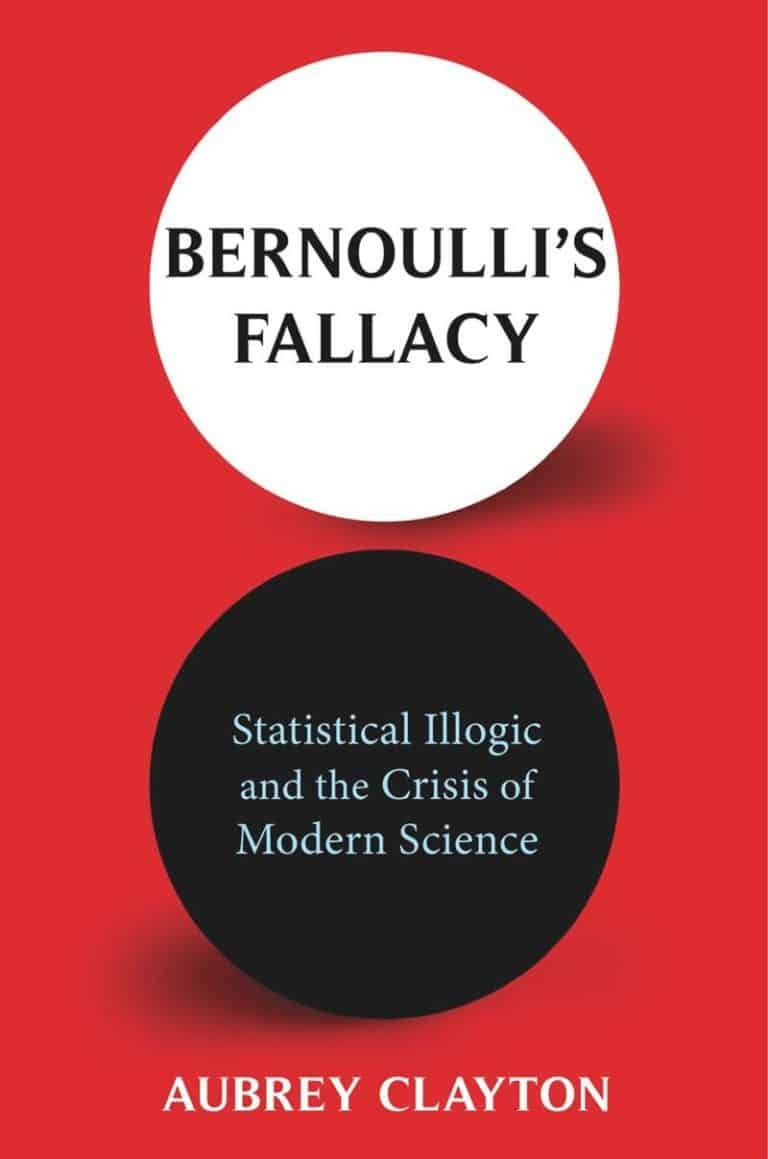Episode 172: Aubrey Clayton
Bernoulli’s Fallacy: Statistical Illogic and the Crisis of Modern Science
Greg says our guest's book, “Bernoulli’s Fallacy: Statistical Illogic and the Crisis of Modern Science” is “a bombshell in a sense,” making some very, very bold claims.
Aubrey Clayton is an applied mathematical researcher, lecturer, and writer. He currently teaches graduate courses in the philosophy of probability at the Harvard Extension School, and has written for publications like the New York Times, Boston Globe, and Nautilus. Additionally, Aubrey says he technically “worked on Wall Street” but only in the same sense that a hot dog vendor does.
Greg and Aubrey dive deep into the radical ideas behind Aubrey’s book, the merits of the scientific method as a process, Bayesian Statistics, and the replication crisis in this conversation.
Episode Quotes:
Probability and information
“We have to come up with a form of probability that has all the mathematical properties that we want it to have. But that also is usable in the sense of, you know, applies to all these different settings where you need to assign probabilities to things. And I think that the answer probably has to do with information.”
The essence of Bernoulli’s Fallacy
“It gets back to a desire to make probabilities observable and measurable in the form of frequency.”
Bernoulli’s Fallacy
“Bernoulli’s Fallacy is the idea that you can make good decisions about hypotheses, scientific hypotheses or statistical hypotheses, or just research theories in general, using the language of probabilities. But focusing entirely on probabilities that are oriented in the direction of: “if a hypothesis is true, then what is the probability of some observation or some data.” “
Show Links:
Recommended Resources:
Guest Profile:
Professional Profile on Moody's Analytics
His Work:





